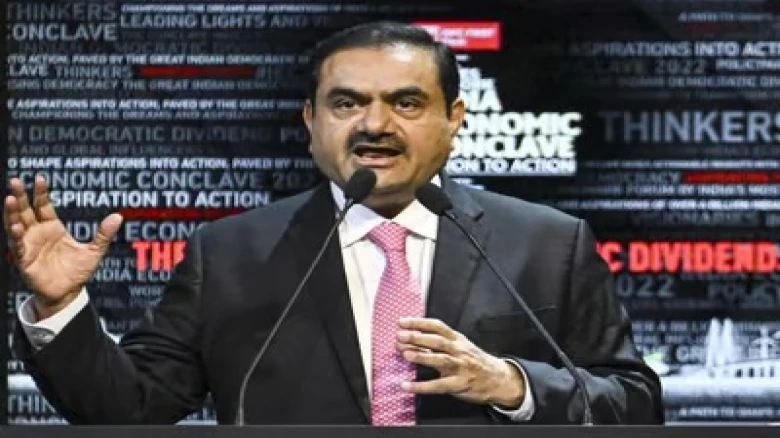The court firmly asserted its limited authority to intervene in SEBI's regulatory domain...
Digital Desk: In a significant decision, the Supreme Court on Wednesday provided a significant reprieve to the Adani Group by rejecting pleas to transfer the investigation of the Adani-Hindenburg issue to a Special Investigation Team (SIT) or the Central Bureau of Investigation (CBI).
The case involves allegations of stock price manipulation against the Indian corporate giant, and the probe will continue under the jurisdiction of the Securities and Exchange Board of India (SEBI).
Chief Justice of India DY Chandrachud, along with Justices PS Pardiwala and Manoj Misra, constituted the panel that delivered the verdict.
The court firmly asserted its limited authority to intervene in SEBI's regulatory domain, emphasizing that judicial review is confined to fundamental rights infringement. The circumstances surrounding the case were deemed insufficient to warrant a transfer of the investigation to another agency, and the court expressed confidence in the validity of SEBI's ongoing probe.
The decision followed a series of requests for a court-supervised inquiry or a CBI investigation into allegations made by US-based company Hindenburg Research against the Adani group regarding stock market violations. The court acknowledged SEBI's regulatory duties, dismissing the notion that it solely relies on media reports while acknowledging their potential to provide information.
The apex court instructed SEBI to conclude its investigation into two out of 24 pending cases within three months. These cases stem from claims made in a Hindenburg Research report, asserting that Adani artificially inflated its stock prices, leading to a significant drop in the share value of several Adani companies.
In response, the Adani Group vehemently denied the allegations, maintaining its commitment to legal regulations and transparency obligations. Legal complaints were filed, alleging that amendments to the SEBI Act had created a shield for the Adani Group's violations to go unnoticed.
The Supreme Court, through the establishment of an expert panel led by retired Supreme Court judge Justice AM Sapre, sought to address the matter. In a report issued last May, the committee found no initial evidence of wrongdoing by SEBI in its regulatory role.
The recent decision underscores the court's faith in SEBI's investigative capabilities and its rejection of claims that the regulatory amendments protected the Adani Group. The court clarified that it is not obligated to accept the Hindenburg report as an accurate representation of the situation, highlighting the need for a thorough examination before passing judgment.
Prashant Bhushan, representing a petitioner, argued that the Hindenburg report contained significant disclosures, urging the court to consider an independent organization or an SIT for the inquiry.
However, the court remained steadfast in its confidence in SEBI's investigation and retained its authority to evaluate the credibility of the ongoing probe.
Notably, the Supreme Court's decision reinforces SEBI's regulatory autonomy and signals a commitment to a fair and thorough investigation into the allegations against the Adani Group, setting a precedent for the judiciary's role in corporate governance and market oversight.








Leave A Comment